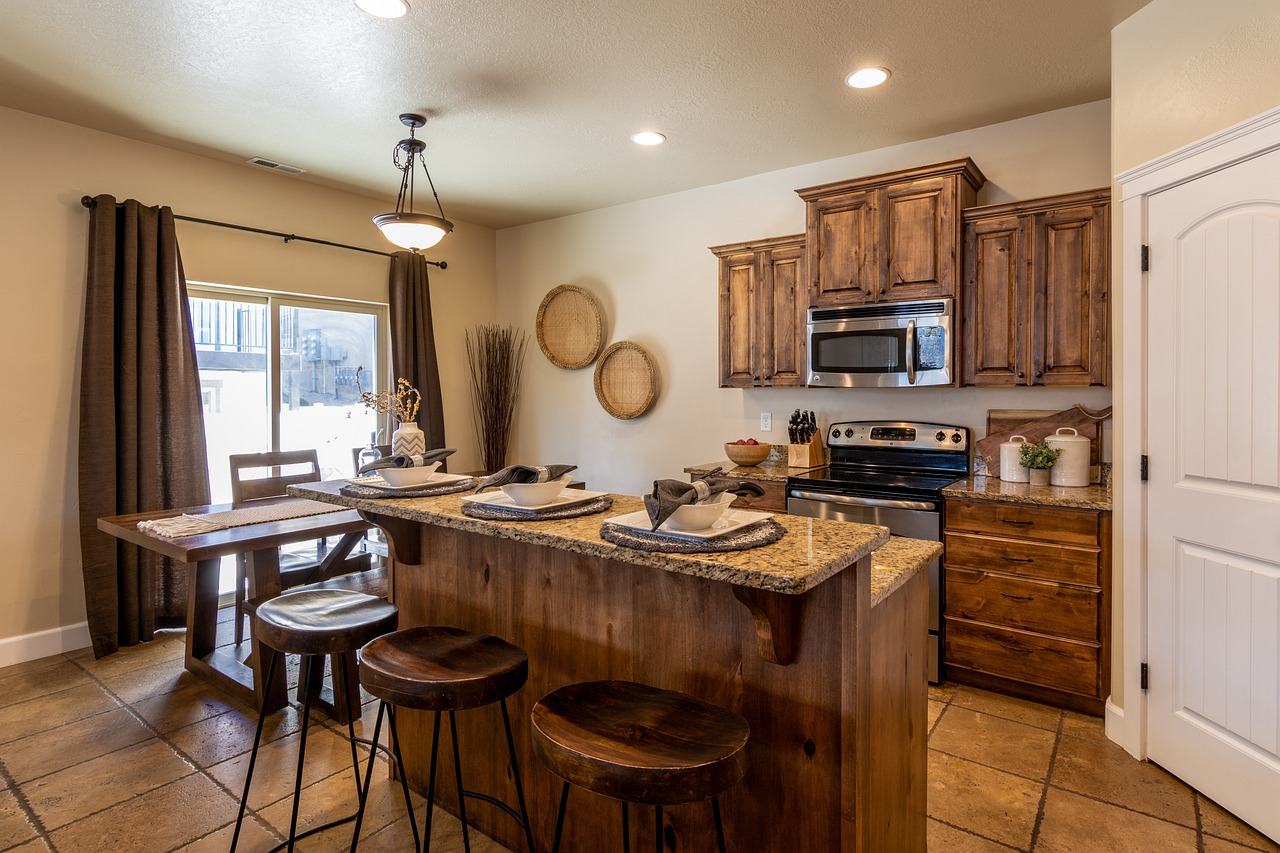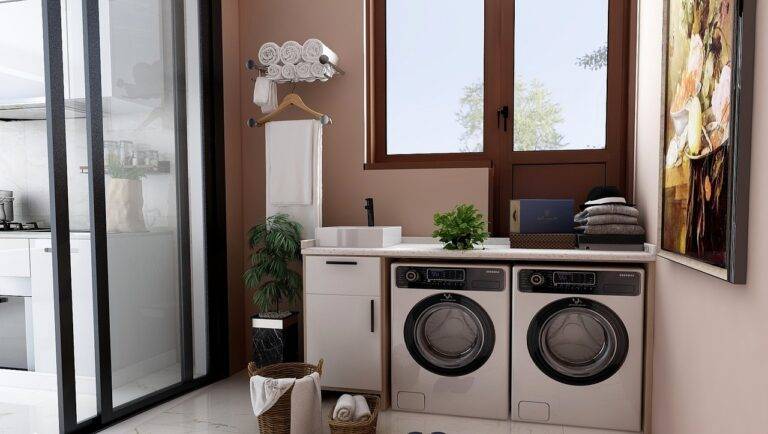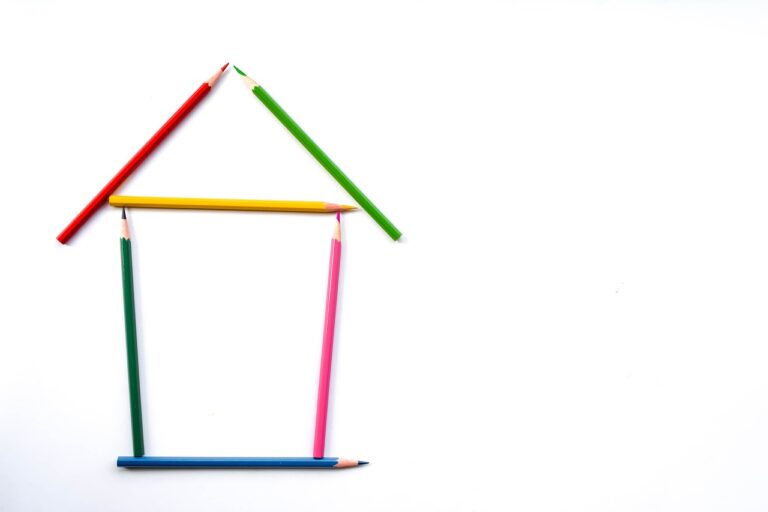Understanding the Importance of Speaker Sensitivity: Golden exchange, Cricbet99, King567
golden exchange, cricbet99, king567: Speaker sensitivity is a crucial factor to consider when purchasing audio equipment, yet many people overlook its importance. In this article, we will delve into the significance of speaker sensitivity and why it matters in the world of sound systems.
What is Speaker Sensitivity?
Speaker sensitivity is a measurement that indicates how loud a speaker can get with a given amount of power. It is typically measured in decibels (dB) and represents the sound level produced by a speaker when receiving a certain amount of power input. A higher sensitivity rating means that a speaker can produce louder sound levels with less power.
Why is Speaker Sensitivity Important?
1. Efficiency: Speakers with higher sensitivity ratings require less power to produce the same sound levels as speakers with lower sensitivity ratings. This means that you can achieve the same volume levels with a lower-powered amplifier, which can save you money on your audio system setup.
2. Clarity: Speakers with higher sensitivity ratings tend to produce clearer and more detailed sound reproduction. This is because they can respond more accurately to the audio signal being fed into them, resulting in a more precise and dynamic sound output.
3. Compatibility: Matching the sensitivity of your speakers with the output of your amplifier is crucial for achieving the best sound quality. If your speakers have a low sensitivity rating, you may need a more powerful amplifier to drive them properly, which can lead to distortion and decreased audio quality.
4. Dynamic Range: Speakers with higher sensitivity ratings are better at reproducing the full dynamic range of a sound signal, from the quietest whispers to the loudest explosions. This capability can enhance your listening experience, especially when watching movies or listening to music with wide variations in volume levels.
5. Flexibility: Speakers with higher sensitivity ratings are more versatile and can be used in a variety of settings, from small rooms to large venues. They can deliver powerful sound levels without straining the amplifier or causing distortion, making them suitable for a wide range of applications.
How to Interpret Speaker Sensitivity Ratings
Speaker sensitivity ratings are typically given in decibels per watt at a distance of one meter. For example, a speaker with a sensitivity rating of 90 dB means that it can produce a sound level of 90 dB with one watt of power input at a distance of one meter.
Here are some general guidelines to help you interpret speaker sensitivity ratings:
– 85 dB or lower: Low sensitivity rating, requires more power to produce sound levels.
– 86-92 dB: Average sensitivity rating, suitable for most applications.
– 93 dB or higher: High sensitivity rating, produces louder sound levels with less power.
FAQs
Q: What is the difference between speaker sensitivity and power handling?
A: Speaker sensitivity refers to how loud a speaker can get with a given amount of power, while power handling indicates the maximum power input that a speaker can handle without damage. Both factors are important for achieving optimal sound quality.
Q: Can I use speakers with different sensitivity ratings together in a sound system?
A: It is not recommended to mix speakers with significantly different sensitivity ratings in the same sound system, as this can lead to uneven sound levels and potential distortion. It is best to use speakers with similar sensitivity ratings for a balanced sound output.
Q: How can I improve the sensitivity of my speakers?
A: To improve the sensitivity of your speakers, you can consider using a more powerful amplifier or upgrading to speakers with higher sensitivity ratings. Additionally, optimizing the placement and acoustics of your speakers can also enhance their overall performance.
In conclusion, speaker sensitivity plays a crucial role in determining the overall sound quality and performance of your audio system. By understanding the importance of speaker sensitivity and how it can impact your listening experience, you can make informed decisions when selecting audio equipment for your home or professional setup. Remember to consider speaker sensitivity ratings when shopping for speakers and amplifiers to ensure optimal sound reproduction and a satisfying audio experience.







